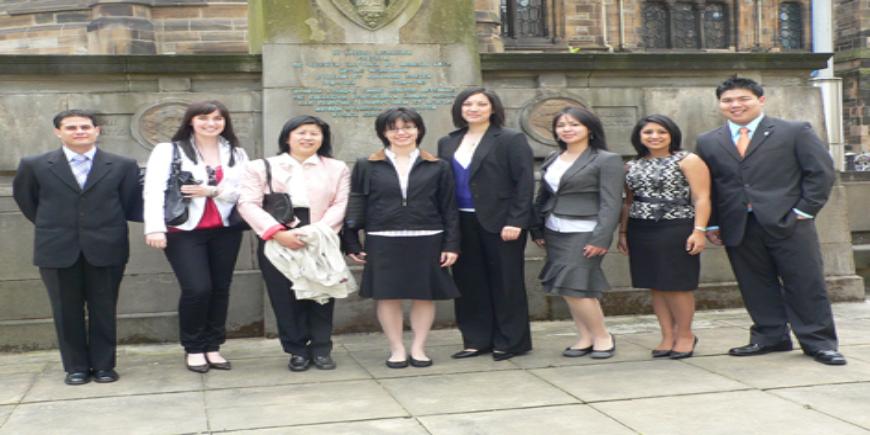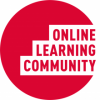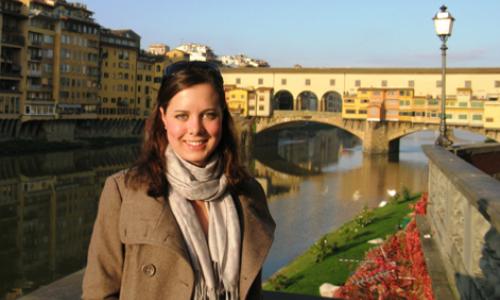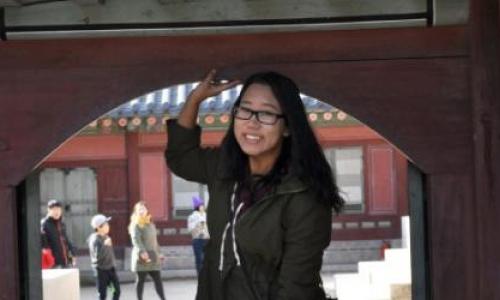
In mid-June, WIL International Coordinator Amy Lee went to Scotland to help facilitate the opening phase of the Encouraging Dynamic Global Entrepreneurs (EDGE) Program. During her stay, Amy met with this year’s participants from the University of Glasgow, Strathclyde University, Glasgow Caledonian University, Columbia University, SFU, Waterloo, Warsaw University, and Hong Kong University. She also had the chance to administer some learning activities to help build the teams who would be working together for the rest of the program. Read all about her experiences here:
Do you go to Scotland each year to participate in the introductory EDGE activities?
The EDGE program is currently in its third year. Bobbie Reilly went for the first cohort, and I have gone for the past two years as a facilitator. I was gone for the first two weeks during a period known as the Immersion Portion of EDGE. As facilitators, we put the students into random groups and observed how well they worked with each other. After observing these random groups, we then put the students into the teams that they will be a part of for the rest of the program. Because the Scottish universities who are participating in EDGE have limited staffing to deliver the immersion sessions, having the extra people power from the other participating universities is important in helping to facilitate.
What was it like to meet this year’s EDGErs? How would you describe the group?
I think the universities that are participating have really streamlined their recruitment process, and have forwarded great participants. Teams are made up of four university students and 2 senior high school students. This year’s high school students are very impressive, as past students weren’t sure how they could contribute, thus disengaging themselves from the activities. This year they are stronger communicatively and much more engaged in what they must do. It’s impressive since it can be intimidating to get out of high school and work with university students who already have the jargon, maturity, and expertise.
What kinds of activities did you get to participate/coordinate in Scotland? How did those go?
My role was mainly in facilitating several of the immersion sessions. The session activities were a lot of fun, and focused on team building, leadership, communication, creativity, and entrepreneurship. An example of an activity consisted of giving each team a really long piece of rope, and they were to use it to tie a reef knot. Here, teams had to distinguish a leader and then, without letting go of the rope, tie it according to the leader’s directions. The challenge here was who actually knew what a reef knot was? It was interesting to see how the leaders took charge, and sometimes that didn’t happen. Sometimes it was a communications problem which sent the team into chaos. For other teams, no one knew what a reef knot was Other activities that teams worked on were creating commemorative gifts to sell in honour of Robbie Burns’ 250th birthday next year, and creating a jingle for a heart-attack burger.
How valuable is the EDGE program for the students who participate? What has the general reception towards the program been like in the past?
Many students have continually kept in contact with the businesses they worked with, and have done freelance work for them. Some students from the first cohort two years ago have moved towards consulting and entrepreneurship. Overall, the response has been very positive. In fact, some of the businesses have said that the return of investment has been quite high (After the first year of the EDGE program, 75% of the businesses involved “expected to enter new markets” (Scottish Enterprise Dunbartonshire, 2006).
Is SFU International Co-op looking into getting involved in other programs like EDGE?
Many students have continually kept in contact with the businesses they worked with, and have done freelance work for them. Some students from the first cohort two years ago have moved towards consulting and entrepreneurship. Overall, the response has been very positive. In fact, some of the businesses have said that the return of investment has been quite high (After the first year of the EDGE program, 75% of the businesses involved “expected to enter new markets” (Scottish Enterprise Dunbartonshire, 2006).
Do you have any advice for students thinking of applying for the EDGE program in the future?
Apply! You never know. It’s a very dynamic program, as you are working with students from five different countries. Although EDGE is a business-related program, you don’t have to be a business student in order to qualify. If you have strong teamwork and communication skills, and are interested in the idea of going international, you should go for it.
















